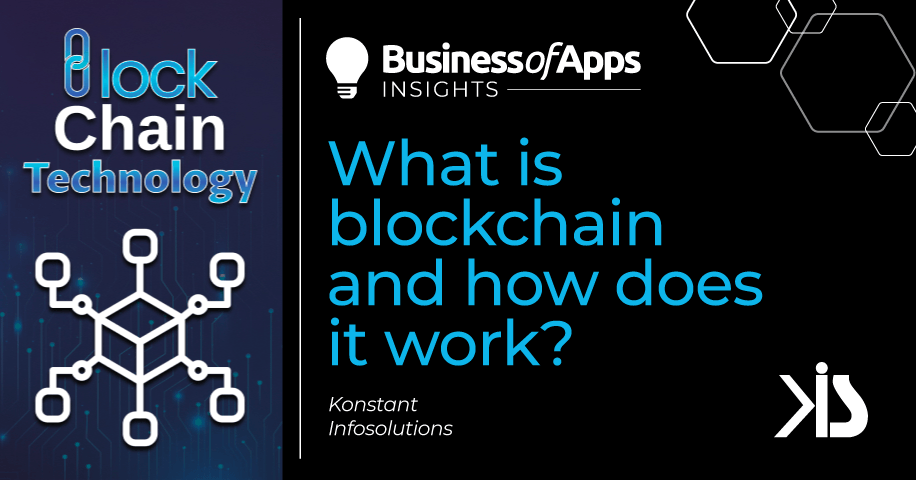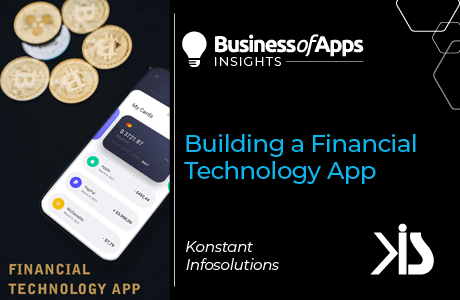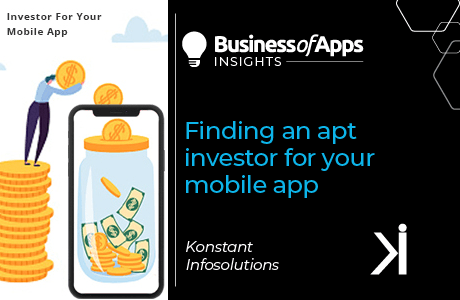Fact – Expected revenue for blockchain technology is forecasted to reach $1431.5 billion by 2030.
The past few years have been remarkable for technology advancements, including AI/ML, 3D printing, AR/VR, and IoT. Blockchain is one such technical buzzword that dominated the talks of the future of technology among experts. Further, the technology is often in relation to cryptocurrencies, like ETH or BTC, but the tech is useful in several industries today.
In this write up, we will delve into explaining blockchain technology, including its definition, benefits, and applications, and the top industries where it is used. Apart from this, we will also analyze the current market scenario of blockchain tech.
What is Blockchain Technology?
Blockchain is a way of recording and securing sharing of information that cannot be tampered with, altered, or hacked. All the transactions are recorded in a ledger and data are stored in databases. A blockchain is a distributed ledger that distributes and duplicates transactions among private or public computer network. In other words, it is a structure that keeps records, also called ‘blocks’, in different databases, also called ‘chain’.
Some of the most prominent blockchain programming languages are Java, Rust, Ruby, Vyper, PHP, and Simplicity.
In the most layman language, blockchain is like a digital ledger, just like Google Spreadsheet, which is shared among different computer networks where the actual transaction records are stored, based on real purchases. Interestingly, everyone in the network can see the data but cannot edit or tamper it.
Recent Development – Ava Labs has established new institutional deployments to improve the blockchain platforms & technology environment in April 2023.
The Rise of Blockchain Technology Market – Complete Analysis
The rising demand for trustable, secure transactions across different industries is navigating the growth of blockchain platforms & technology globally. Notably, the blockchain market was valued at $10 billion approximately in 2022 and $17.46B in 2023. Further, the market is anticipated to grow at a whopping 87.7% CAGR from 2023 to 2030.
Out of the $10 billion market, North America contributed the most and accounted for more than 37% share. In comparison, Asia pacific region is expected to grow at the highest rate globally. Some of the most prominent industries where the blockchain is widely used are financial services, healthcare, logistics, government, and retail, in the same order. As a result, the rising demand for blockchain platforms has led companies to hire blockchain developers.
Must Read: Top Blockchain Platforms to Build Blockchain Applications
Prominent Blockchain Technology Market Players Globally –
Fire Up Your Growth!
Moburst propelled leading brands like Google, Reddit, and Uber to the next level. Let’s ignite your Success journey today!
Claim Your FREE Growth Fuel!- Circle Internet Financial Ltd.
- Ripple
- Microsoft Corp.
- IBM Corp.
- Chain Inc.
- Digital Assets Holding LLC
- The Linux Foundation
Top 5 Benefits of Blockchain Technology
Immutable –
A data uploaded on a blockchain cannot be virtually deleted, replaced, or erased, i.e. it becomes immutable. Unlike traditional technology, that supports CRUD (create, read, update, and delete) model, Blockchain data is virtually impossible to tamper. In comparison, traditional data tech is prone to alteration by third party or rogue administrators.
Blockchain uses a combination of consensus mechanisms and cryptographic techniques to achieve this immutability and validate transactions.
Transparent –
The data recorded on a blockchain technology is decentralized and thus open to all network members. Any member can validate the data recorded, thus boosting transparency and trust among the public. In comparison, traditional databases support centralized networks, and thus users cannot validate the recorded data whenever they want. Administrators hold majority power about who can see the database and how much can someone see, reducing the transparency among members.
Safe & Secure –
Everyone is aware of the robust security that comes along the blockchain enabled systems. This prevents all unauthorized activities and frauds using the end-to-end encryption technology and builds an uneditable transaction record. Apart from this, blockchain technology also facilitates privacy concerns better than traditional systems by requiring permission to access data and unidentifiable data.
Further, blockchain technology stores the data across a network of systems making it difficult to hack.
Fast
Blockchain technology is capable of handling transactions much faster than the traditional method by removing transaction intermediaries and replacing manual processes. For instance, Walmart, the well-known retail giant, used blockchain to monitor the source of sliced mangoes. The time taken to trace the mango slices was in seconds as compared to the previous conventional method previously took 7 days.
The speed of the transaction depends upon several factors including block size, network traffic, and process speed. Even after considering all the factors and manual work, Blockchain is still faster than conventional methods.
Saves Cost
Blockchain technology also reduces the overall cost by eliminating intermediaries, legacy infrastructure, and complex processes. In comparison, conventional methods have significantly more settlement time and cost.
Blockchain supports P2P system, i.e. no associated fees and middlemen. Further, the distributed ledger system in the blockchain eliminates the need for a cumbersome reconciliation process by enabling real time settlement.
Must Read: Add Scalability and Security to Your Business with Blockchain Technology
Top 7 Applications of Blockchain Technology – Blockchain Technology Use Cases
Transferring Money
One of the most prominent use cases of blockchain technology is still the money transfers. The system is much more cost efficient and faster than the conventional money transfer methods available. While a usual money transfer takes a few days in the conventional method, blockchain technology can do it in minutes. This is especially true for international transactions that are expensive and slower.
Insurance Settlements
Blockchain and smart contracts can provide transparency to insurance companies and customers both. The system can be used to monitor and speed up the process of receiving payments for customers. Apart from this, the insurance provider companies can keep track records of all claims by customers on a blockchain system to avoid duplicate claims for the same event. However, building an application for insurance firms is a complex task and only an experienced blockchain development company has the capability to do it.
Personal Information Storage
Users can keep their personal information such as ID cards, social security numbers, passwords, etc on a blockchain database. The system is much less prone to frauds and hacks than the conventional system. Further, the system can aid the sharing the access of such information to the people who need it without compromising the safety.
Voting
Blockchain can be used in the voting procedure over the traditional system. The technology will ensure that no votes are tampered, duplicated, and only eligible people are voting. Apart from this, the tech will also reduce the overall cost of holding voting events.
Healthcare –
Blockchain in healthcare industry has streamlined business processes, reduced overall healthcare costs, and improved access to information for stakeholders. Apart from this, the system can also be used to secure and exchange patient data among doctors, hospitals, labs, and pharmacies. Further, the technology is also aiding medical professionals to gain useful insights and improve the analysis of medical records. The tampering of data is next to impossible, eliminating the security concerns. However, note that the potential applications of the blockchain in healthcare are much more and yet to come.
Must Read: Best Blockchain Programming Languages for 2024
Gambling
Gambling industry works majorly on trust & transparency among potential betters and the blockchain technology provides exactly that. Players can see that the gambling company (or casino) actually pays out and the games are fair. Further, gambling is also not legalized by many governments and the blockchain system can play around with that.
Since players can play anonymously, players don’t need to give personal information (including bank details), and the network is also not prone to government regulations.
Supply Chain & Logistics
Blockchain can be used to track logistics items and vehicles through a supply chain system. The system can provide accurate and real time updated data that boosts trust among all the working supply chain partners. The public ledger is secure and will aid ease of communication among partners. Apart from this, since the data can’t be tampered or altered, it offers robust data integrity and security.
Top 10 Industries that widely use Blockchain Technology
Blockchain technology is already here and being widely used by different industries across the world. Some of the top industries that are taking benefits from this system are –
- Supply Chain & Logistics
- Healthcare
- Cyber Security
- Media & Entertainment
- Agriculture
- Government Operations
- Real Estate
- SaaS
- Banking & Finance
- Travel & Mobility
Fact – With over 37% share, North America is the dominating region in the blockchain technology market
Final Words
So, this was all about the future of blockchain technology and its benefits. We also covered the application of the blockchain in different industries and analyzed its current market scenario. The scenario has also created a high demand among people to hire blockchain developers who can build tools, blockchain platforms, and software.












